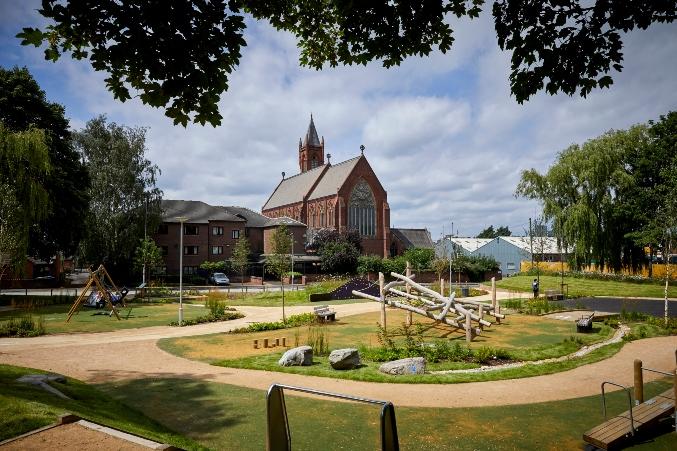Manchester City Council has called for the government to help bridge a looming funding gap for local parks and green spaces.
A combination of increased maintenance costs – caused by soaring visitor numbers during the coronavirus pandemic – and a simultaneous drop in revenue generation opportunities, as events in parks were forced to be cancelled, has left the council facing a 20 per cent shortfall in the current financial year, with even more significant challenges anticipated for the future.
The letter, sent to the Chancellor of the Exchequer Rishi Sunak by the council’s Executive Member for Skills, Culture and Leisure, Councillor Luthfur Rahman OBE, notes that in Manchester, visitor numbers to the city’s parks have risen by more than 30 per cent in 2020. This increasing footfall has led to increasing workloads for staff, to help keep visitors safe. Alongside the need to keep facilities clean during the pandemic, more than 78,000 extra bags of litter have been collected from parks compared to the previous year.
The financial impacts of the Covid-19 period – both through increased costs and lost commercial income – combined with pre-existing budget pressures (associated with supporting a growing population and inflation) mean the Council is currently facing a predicted budget shortfall of up to £105m in 2021/22, rising in 2022/23.
Executive Member for Skills, Culture and Leisure, Councillor Luthfur Rahman OBE, said: “In the face of a global pandemic, the value of parks became more clearly evident than ever before and the Government regularly called for people across the nation to make use of parks, to boost their physical and mental wellbeing.
“Our parks have been a lifeline for the people of Manchester at what has been an incredibly challenging period for our communities. However, little support has been provided to ensure that they can continue to operate safely.
“I’m calling on the government to recognise our forgotten key workers – who have worked tirelessly to provide safe spaces which are essential to our residents’ health and well-being – by committing to bridging the funding gap caused by the twin pressures of reduced incomes and increased costs.”







